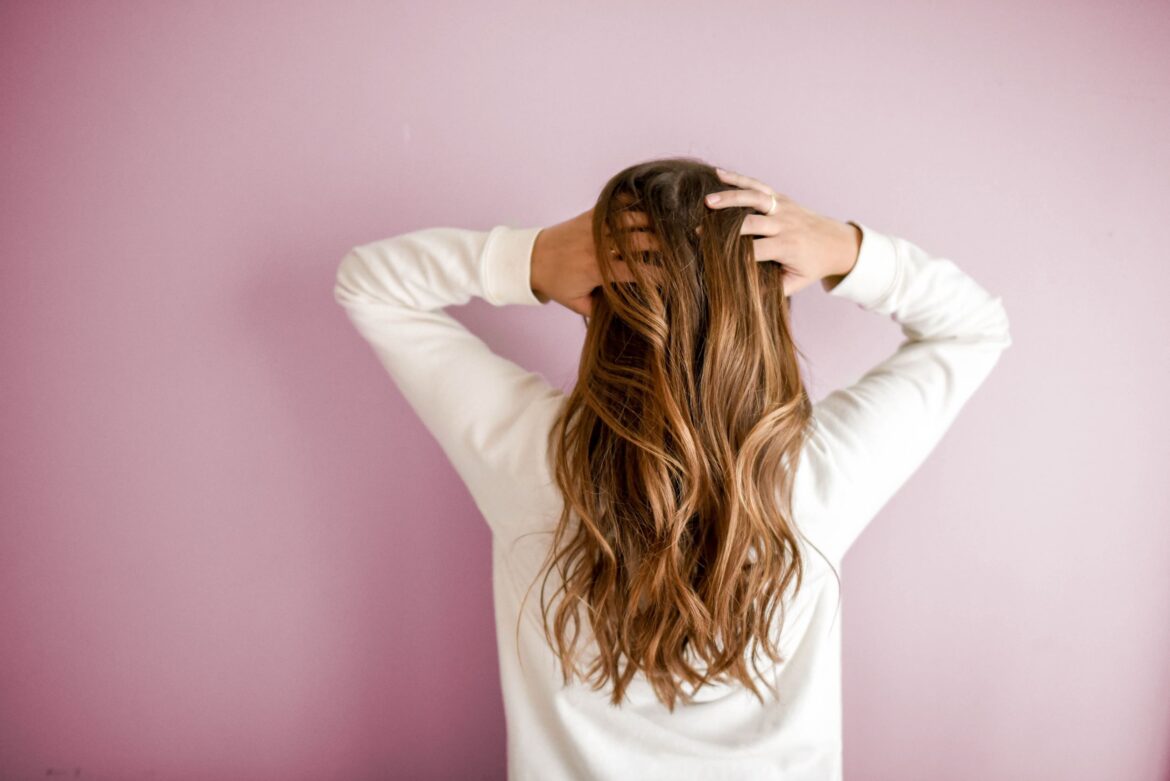If you’re looking to add some extra length and volume to your hair, hair extensions might be the solution for you. In this guide, we’ll discuss the different types of hair extensions available and how to choose the right type for your needs. We’ll also cover how to apply for hair extensions and care for them properly so you can enjoy your new look for months or even years!

Types of hair extensions
There are many different types of hair extensions available on the market today. The most popular types are clip-in, tape-in, and sew-in extensions. Let’s take a closer look at each type so you can decide which one is right for you:
- Clip-in hair extensions: Clip-in extensions are the most popular type of hair extensions. They are easy to apply and remove, and they don’t require any special tools or skills. You can simply clip them into your hair whenever you want to wear them, and then take them out when you’re ready to go back to your natural look. Clip-in extensions are available in human hair and synthetic fiber, and they are available in a wide range of colors.
- Tape-in hair extensions: Tape-in extensions are another popular choice. They use small pre-cut pieces that stick to your natural hair using special adhesives, so there is no need for tools or sewing techniques. The tape-in method is considered to be less damaging to your natural hair than other methods, and it’s also relatively easy to remove. Tape-in extensions are available in both human hair and synthetic fiber.
- Sew-in hair extensions: Sew-in extensions are a more permanent type of extension. They are applied by sewing them into small sections of your natural hair. This method requires special tools and skills, so it’s typically done by professional stylists or salons. Sew-in extensions are available in both human hair and synthetic fiber.
How to choose the right type of hair extensions
Choosing the right type of hair extension depends on your personal preferences as well as your budget and lifestyle. The best way to decide which option is right for you is to consider how often you want to wear them, how much time you’re willing to spend applying them or removing them, how much they’ll cost, and what kind of results you hope to achieve with them. If you’re not sure about any of these things, consult with a trusted hairstylist for advice on choosing the type of hair extensions that will work best for you.
Applying and removing hair extensions
The process of applying and removing hair extensions depends on the type that you choose. For clip-in or tape-in extensions, simply follow the instructions included with your extension kit to apply and remove them as needed. For sew-in extensions, a professional hairstylist can help you achieve the look that you want by sewing them securely into place.
You will then be able to style your new extensions using regular styling tools such as flat irons or curling irons. No matter which type of hair extension you choose, it’s important to use the right products when washing and styling them so they stay looking their best for months or even years!

Taking care of hair extensions
Although the process of applying and removing hair extensions is relatively simple, it’s important to take good care of them so they can stay looking great for as long as possible. Follow these tips to care for your new look:
-Limit washing and styling your extensions to once or twice a week so you don’t cause excessive wear and tear on them. If possible, opt for air-drying rather than using a blow dryer, especially if you have clip-in or tape-in extensions that are made from synthetic fiber.
-Always use gentle products when washing and styling your extensions. Avoid harsh shampoos, conditioners, or hairsprays that could damage the fibers. Also be careful not to overuse hot styling tools, as this could cause the hair to become dry and brittle.
-Be extra careful when brushing your extensions. Use a wide-toothed comb or brush to avoid tangles, and start from the bottom and work your way up so you don’t pull on the roots of your natural hair.
-When you’re not wearing your extensions, store them properly to prevent damage. Clip-in and tape-in extensions can be stored in their original packaging, while sew-in extensions should be placed in a loose braid or ponytail.
Conclusion:
With these tips, you can enjoy your new look for months or even years! So go ahead and experiment with different styles and colors to find the perfect look for you. Whether you prefer a dramatic hairstyle or something more subtle, there’s sure to be an extension style that will work for you. Now get out there and find the best hair extensions for your personal needs!

